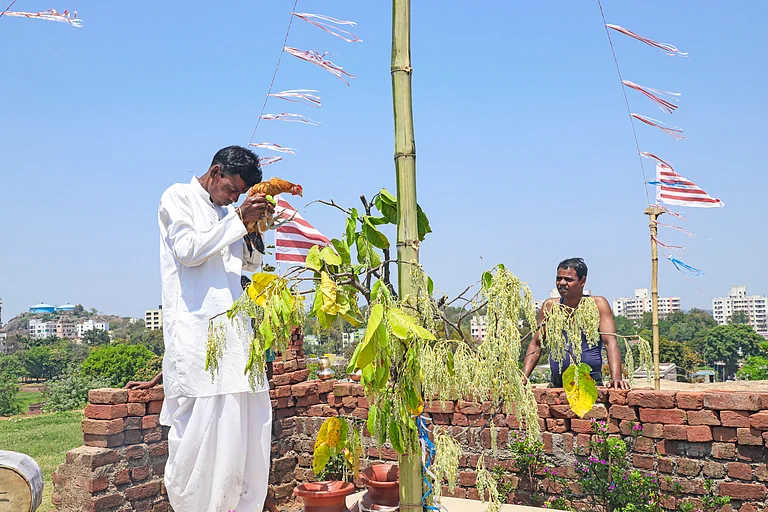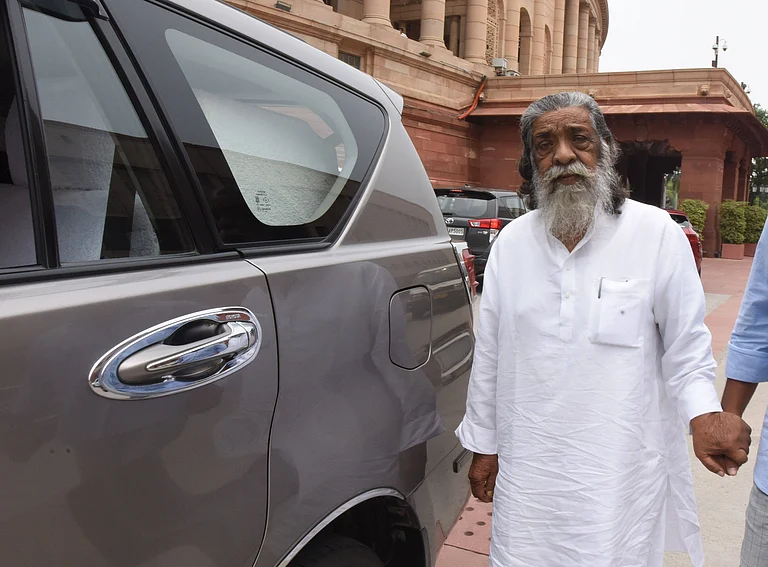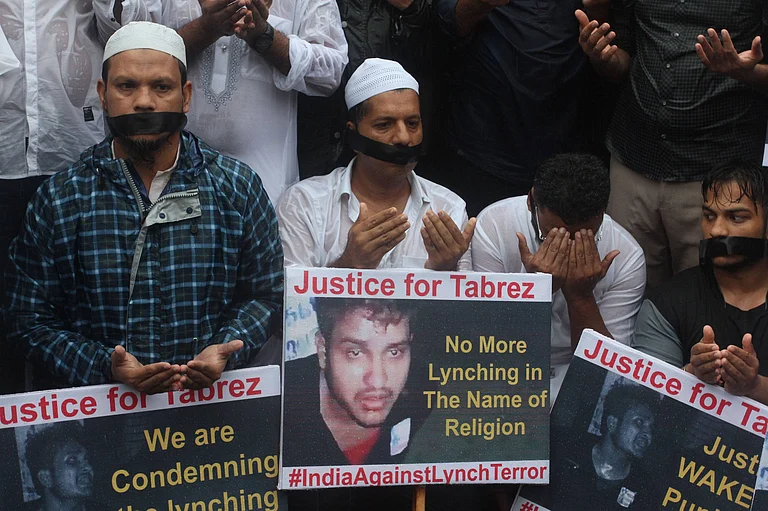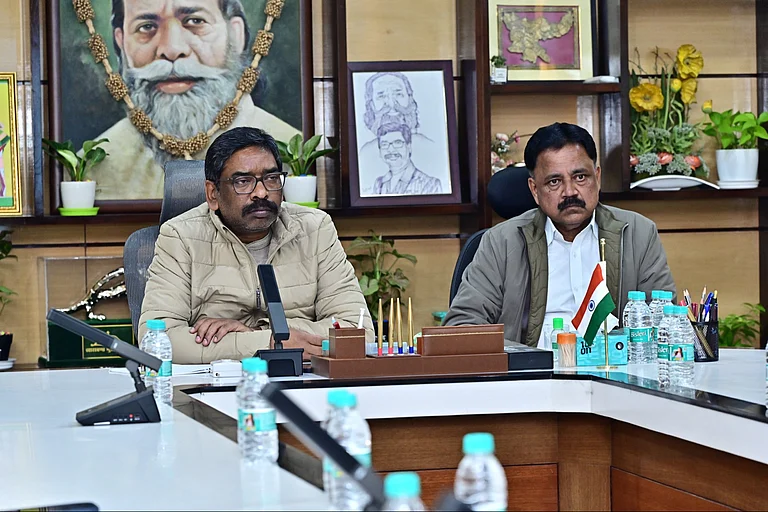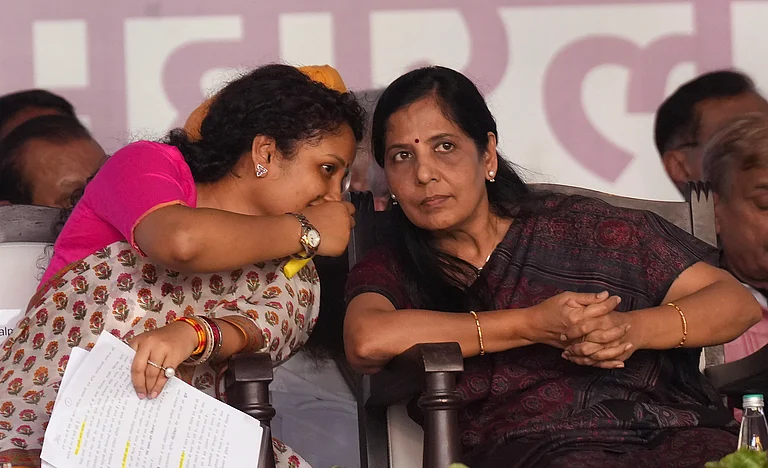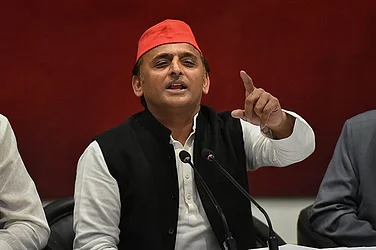In Indian politics, nostalgia is always revered. In January 1998, when Sonia Gandhi was about to kickstart her career in Tamil Nadu, a 26-year-old woman snatched the glare. The woman with short curly hair, draped in a red saree, just uttered a single line—“All of you vote for the Congress”. As Rasheed Kidwai shows in the book 24 Akbar Road, there was utter madness. People screamed, “She was our future leader.” Notably, Priyanka Gandhi still wears the ring that she received from none other than her grandmother Indira Gandhi. The memory of Indira Gandhi still follows wherever Priyanka goes.
Memory shapes the emotive responses. And when it comes to a state that thrives on memory, the image of the past determines the present. In the state of Jharkhand, political battles have always been fought on authenticity and memory. Who is the original Jharkhandi? Who did participate in the struggle for statehood? Who is entrenched in the memory of the soil? The names that come up immediately are Jaipal Singh Munda, Binod Bihari Mahato, A K Roy and Shibu Soren. The JMM, in none of its posters and banners, fails to showcase the image of their ‘Guruji’. But what came as a surprise—both in terms of memory and nostalgia—was a bearded Hemant Soren coming out of jail.
As he comes out of jail on bail from Jharkhand High Court for his alleged role in a land scam, the visual optics became the talk of the town. His wide moustache, long hair, and dense white beard made him uncannily similar to his father. One of the old JMM supporters from Ranchi, recalling his days with Guruji, says, “The first time I saw him when he got out of jail to attend his uncle’s post-death rituals, I was shocked. As if Guruji has come back again—with his bustling energy.”
A few days back, he and his wife Kalpana Soren visited Guruji to receive his blessings before the assembly elections. The photos of Shibu Soren and Hemant Soren went viral on social media, and people again started talking about their similarities. However, this is not the only time that Shibu Soren’s shadow followed Hemant Soren.

In 2004, Shibu Soren, then the Union Coal and Mines Minister under the UPA-I government, disappeared for at least ten days as an arrest warrant was issued against him for his alleged involvement in a case from 1986.
When he reappeared, Soren said he was never in hiding; instead, he talked with ‘his own people’ in the villages and jungles of Jharkhand. He also blamed the BJP for calling him ‘absconded’. Addressing the media, he said, “The fascist BJP, through the media, branded me absconding, missing and going in hiding. But revolutionaries never seek an escape route. I was making the people aware of BJP’s conspiracy.”
Almost a similar trail of events followed Hemant Soren when he was ‘reportedly’ missing for 24 hours on January 30, just before his arrest on the next day. When he reappeared and consequently handcuffed, he also blamed the BJP for the conspiracy. Both of them went to jail and made political comebacks.
‘Like father, like son’ is now the mantra JMM wants to veer in its favour. Will the nostalgia factor work in the assembly elections? Will the memories of Guruji steer the boat?








